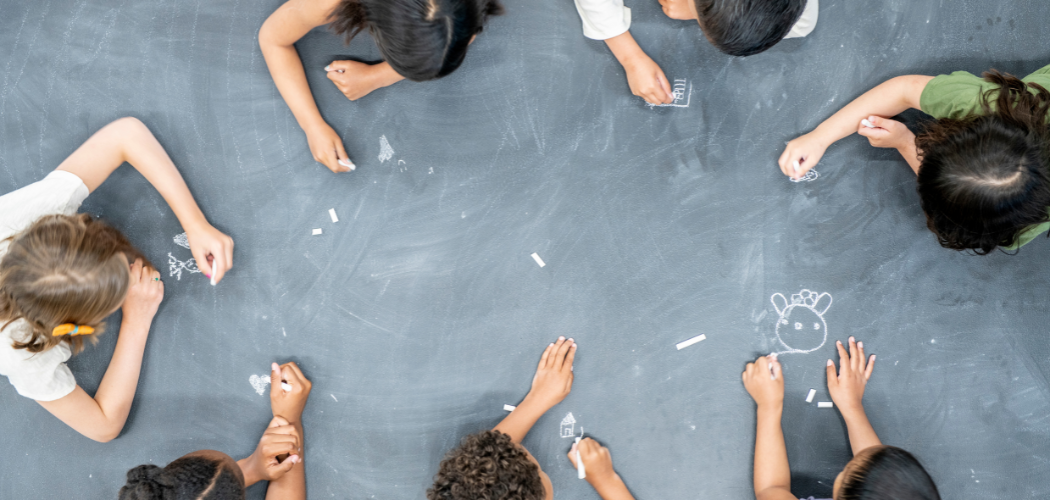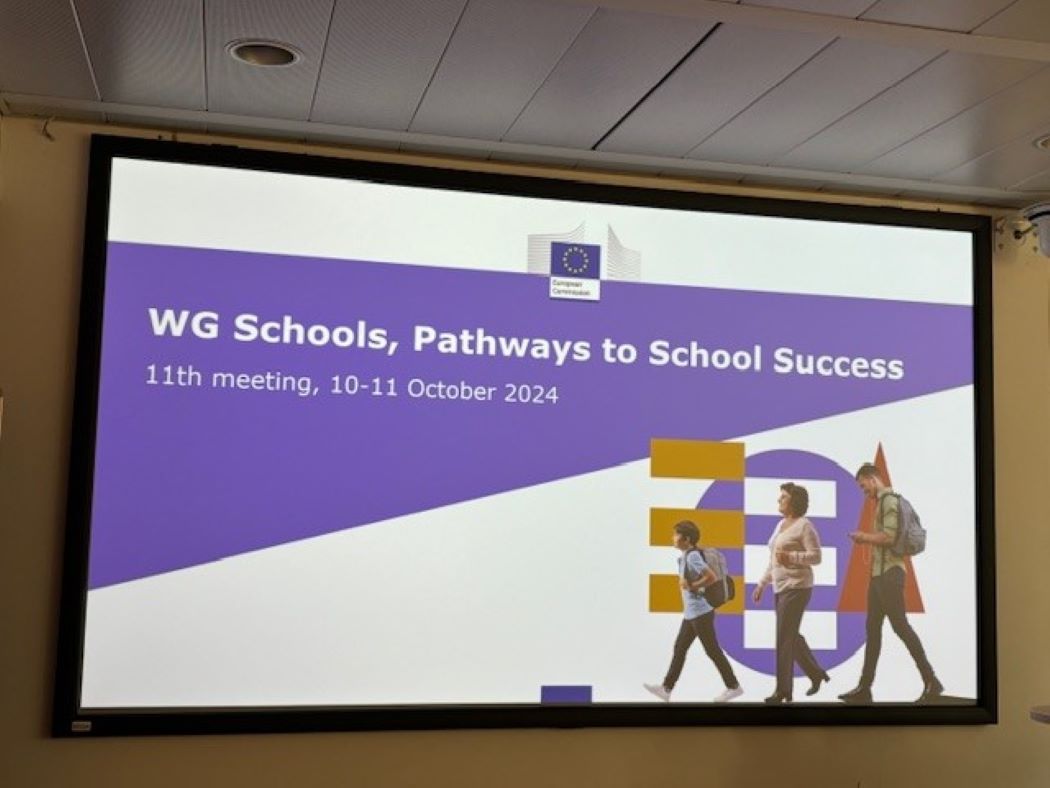Building school systems where no child is left behind
Eurochild and its members contributed to new EU Guidance about supporting the inclusion of displaced children in schools
As the summer break draws to a close and children prepare to go back to school, it becomes imperative to offer support to all displaced children that have to enroll in any European school system for the upcoming school year.
In this light, the European Commission published in June a new Staff Working Document aimed at EU’s education authorities, on how to help all pupils arriving from Ukraine feel included in the school system, from the very early years up to 18 year olds students.
This guidance builds on the lessons learned and challenges relative to the inclusion of displaced children encountered by European countries since the beginning of the war in Ukraine and it includes input from ministries of education, UN agencies and stakeholder organisations, including Eurochild.
Inclusive education for all children
With approximately 500,000 children from Ukraine enrolled in European national school systems, the need for additional learning and inclusion supports cannot be understated. Together with our members in the Including Children Affected by Migration (ICAM) project, Eurochild contributed to this new guidance to ensure that education initiatives are underpinned by a rights-based approach that puts the child and their social-emotional well-being at the centre. As an expert member of the EU Education Solidarity Group for Ukraine, we collaborated with the European Commission, European education ministries and international stakeholders to identify the needs of Ukrainian children and to support Member States who host them. Additionally, we stressed the need for any measures to include all displaced children, not just those displaced from the invasion of Ukraine.
Chris Gittins, ICAM project partner, also provided an expert contribution to the European Commission’s Peer Learning Activity on Psychosocial Support for Refugee Learners in May. His presentation, shared with representatives from European education ministries, highlights how ICAM’s child-centred and whole-school approach is providing psychosocial (another term for social-emotional) support to schools welcoming refugee learners across Europe.
Finally, the new Staff Working Document also highlights Eurochild members’ work as ‘inspiring practices’ that Member States should consider implementing in their school systems:
Further readings:
- Supporting the inclusion of displaced children from Ukraine in education: considerations, key principles and practices for the school year 2022-2023, Commission Staff Working Document
- Eurydice’s new report, "Supporting refugee learners from Ukraine in schools in Europe"
- European Commission’s flash report on “Psychosocial Support for Refugee Learners”
For more information, contact Ciaran O’Donnell, Policy and Project Officer, from the Eurochild Secretariat.




